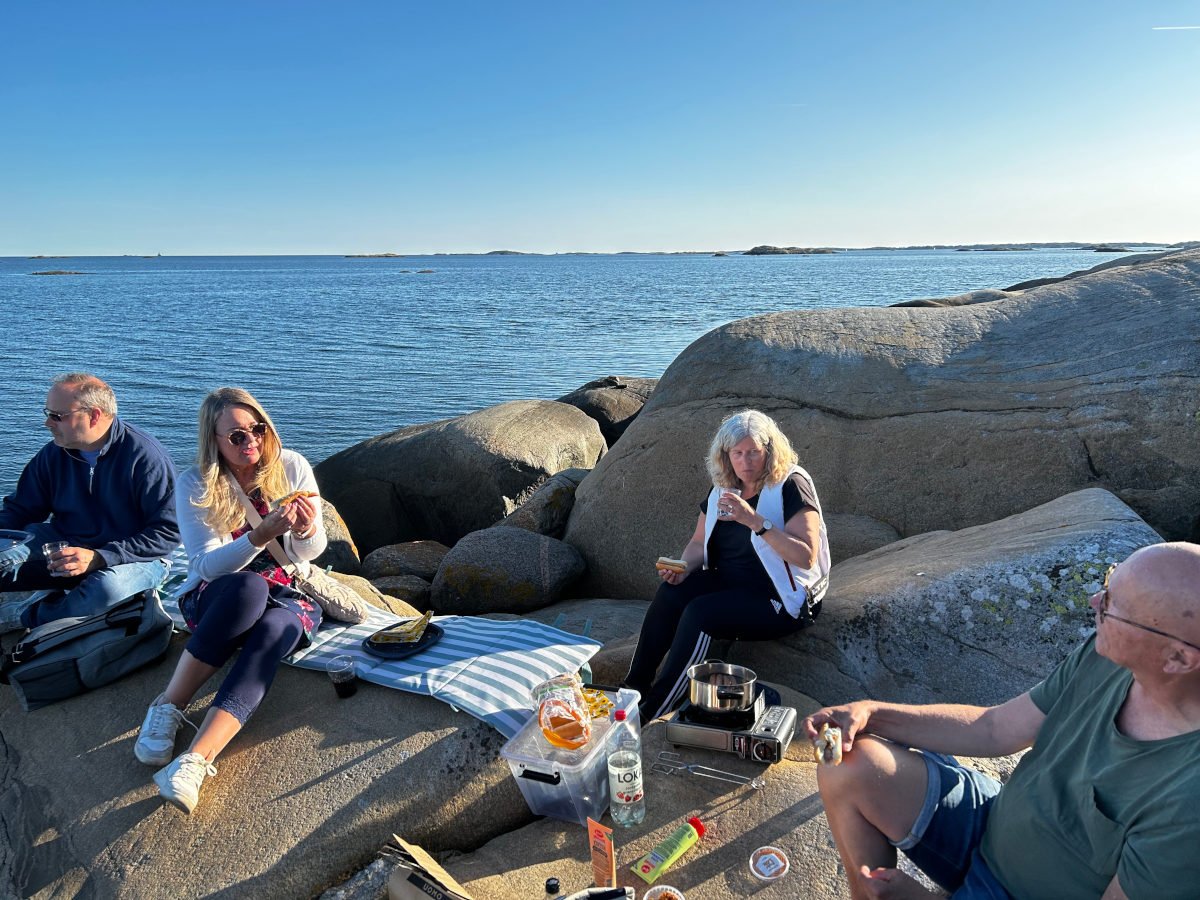Their findings are particularly interesting for international workers, who are likely to see a sharp jump in the number of meeting invites if they move to Sweden from a society with more clearly defined hierarchical structures.
“A general finding is that meetings are becoming more common because of a growing demand for collaboration,” Hall tells The Local.
“It’s very important for large organisations in particular to feel that they are part of one organisation and working towards the same mission, and Swedish local governments for example are very large. These collaboration and coordination projects require meetings, and in general there is a lot more collaboration within Swedish society today,” he explains.
Architecture of Swedish office spaces reflects this tendency for meetings, as is clear from the high number of meeting rooms, and especially those tailored to smaller meetings. Co-working spaces have also proved popular in the Nordic nation, and while some are effectively just desk rentals, others work to foster collaboration between startups and freelancers working there.
“In Sweden we seem to be very interested in organising things; maybe some other cultures just don’t bother, but I don’t think it only concerns Sweden,” notes the researcher. “The Dutch culture for example has strong religious conflicts in its history and negotiation has become very important. You see a lot of meetings when this is the case, so also in the voluntary sector where democracy is a priority.”
“As another example, within the EU when there are large funding projects, these demand collaboration – different organisations must collaborate with each other and the public sector must work with the voluntary sector and private firms. When you’re working together, you have to meet,” he says.
And Hall points out that collaboration has become more common in many regions due to globalisation. Air travel and video calls have made collaboration and the meetings that go along with it far easier.
The sociologist says that one of the main advantages of meetings is instilling a sense of unity and direction for people working on the same project or for the same company. But a poorly-run meeting may leave employees frustrated if they feel no decisions were reached, or felt their presence wasn’t necessary.
There’s something to be said, though, for the benefits of simply showing up, and the researchers found that being invited to a meeting makes people feel valued and important, whereas being left off an invitation can foster bad feeling among employees.
“What we find, and US researchers have found the same, is that people like to complain about meetings but they actually enjoy attending them. People like to be in touch with other human beings, and a lot of work is quite solitary in many organisations today. So I’m not so sure that everyone does want fewer meetings,” he says.
With all that said, even Hall doesn’t get excited when he receives a calendar invite to a new meeting. When The Local asks if he enjoys being invited to meetings, his answer is instant.
“No! I think we’re all different, and I’m quite satisfied working in solitude. I do like smaller meetings with colleagues to discuss what we’re working on and practical things. I’m a researcher and for me maybe the most effective meetings are these small meetings, rather than large ones which feel more symbolic.”
READ ALSO:
His advice for any internationals who are feeling overwhelmed with meetings is to try to address the problem in a very Swedish way: collectively.
“You should go to management as a group if you don’t have time to do the things you need to do because you’re in too many meetings. It’s best if you do this together with co-workers: ask what the point of the new meeting is, and don’t just murmur about it,” he suggests.
“This democratic culture is very important to us in Sweden and it’s a sensitive issue if just one person decides on things, but we should accept that sometimes it works well to have one person make decisions without asking.”
If that sounds too complicated, Hall also suggests pushing for shorter meetings. Maybe a two-to-three hour discussion could be done in 30 minutes if that’s the time you allocate it.
And another option is always to block out chunks of your calendar with other activities. When Hall interviewed managers at one local government organisation, every single person he spoke to admitted to doing this at some point.
“That’s one way of protecting themselves from the huge demands of digital society,” he says.
Article first published in 2019





 Please whitelist us to continue reading.
Please whitelist us to continue reading.
Member comments